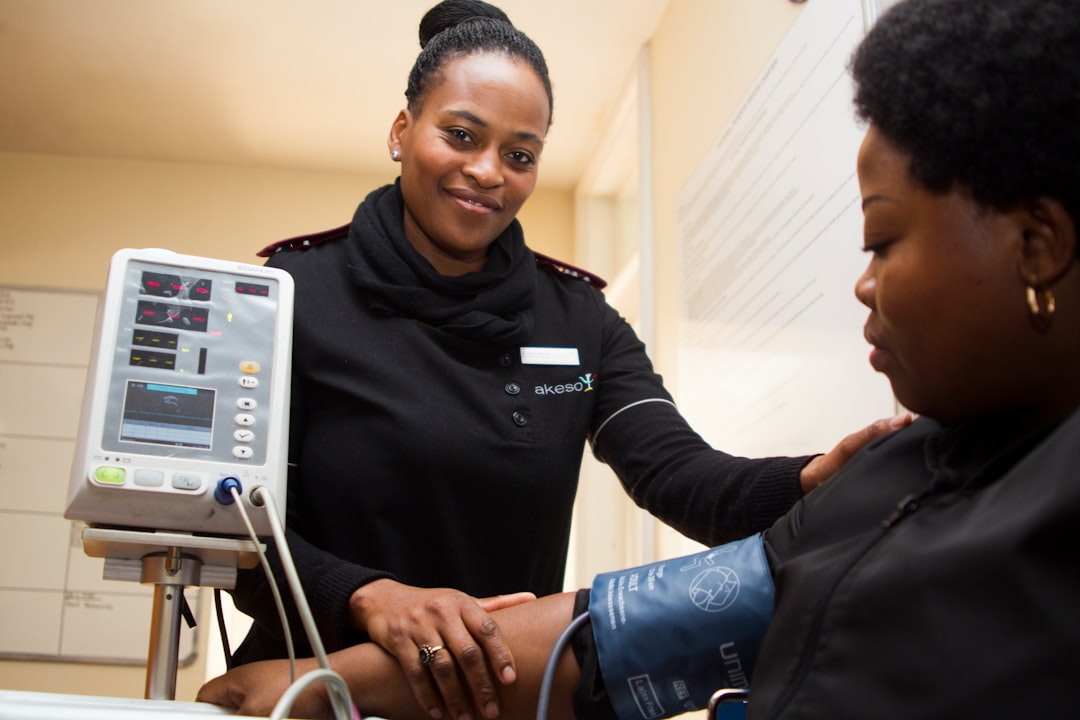What is it about?
Traditionally, clinical practices for speech and language disorders are conducted in-person. In recent years, telepractice (telehealth) has emerged as an essential service delivery option due to developments in telecommunication technologies, changes in individuals' lifestyles, and global disasters. However, it is necessary to clarify to what extent these online practices are reliable. Hence, in this study, we evaluated in-person and online simultaneously the articulation skills of children with speech sound disorders. Ultimately, there was an excellent level of agreement between the in-person and online evaluators, who were speech-language pathologists, regarding the overall results of the articulation test. The agreement levels of all articulation manners, such as for plosives and fricatives, ranged from acceptable to excellent. However, the findings indicated that more caution can be required to decide on some sounds' articulation skills on telepractice (i.e., questionable level for /d/, /ɣ/ and /b/ and acceptable level for /p/, /ʃ/, /t/, /l/ and /v/).
Featured Image

Photo by Maya Maceka on Unsplash
Why is it important?
This study is one of the few that provide empirical evidence to support the notion that receiving an online articulation assessment from a speech-language pathologist is reliable when considering the articulation test as a whole. Furthermore, the study's design involved distinctive methodological choices, and the findings have notable clinical implications that should be considered.
Perspectives
Other authors made invaluable contributions to this work, which I started as a master's thesis during the COVID-19 pandemic, and it was pretty enjoyable to work with them. It is a great pleasure for us to contribute to developing telepractice services that we needed and had to use during the pandemic.
Seyma Bartamay
Read the Original
This page is a summary of: Is Articulation Assessment via Synchronous Telepractice as Reliable as In-Person Assessment?, American Journal of Speech-Language Pathology, May 2023, American Speech-Language-Hearing Association (ASHA),
DOI: 10.1044/2023_ajslp-22-00172.
You can read the full text:
Contributors
The following have contributed to this page










